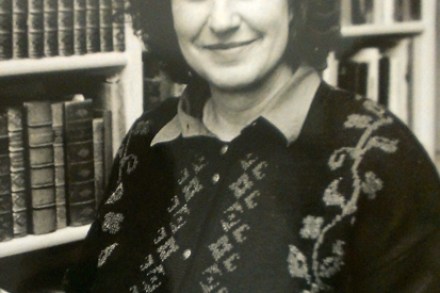Juliet Townsend (1941-2014)
A new literary editor looks among his acquaintance for potential reviewers. There was no one I approached more confidently in 1985 than Juliet Townsend (who died on 29 November). She had been a friend for 25 years and run a bookshop since 1977 with her husband John. They had looked over my own books to
















